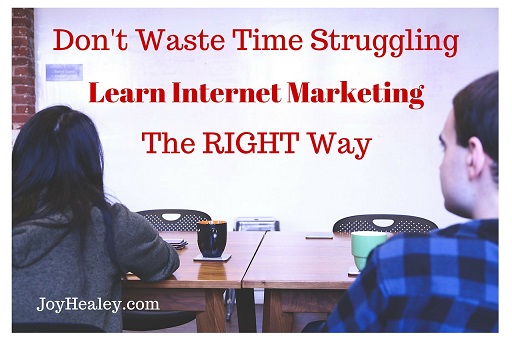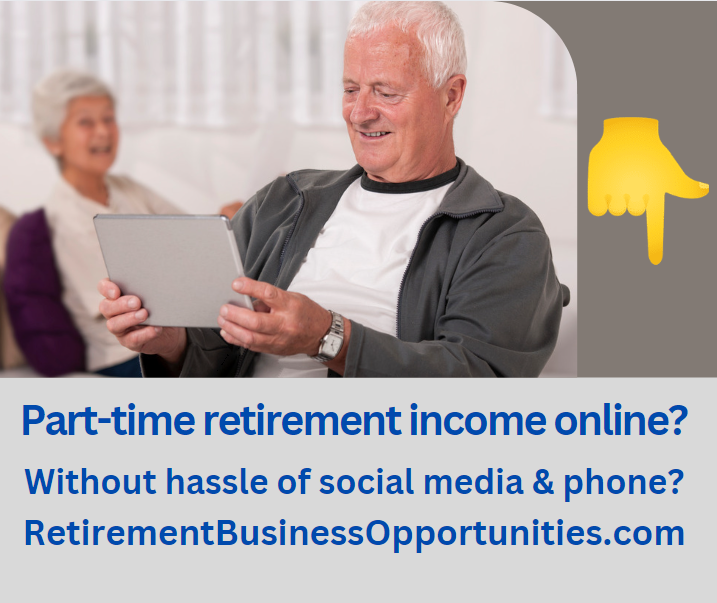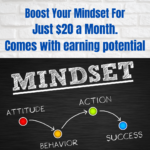Every single day can be one moment away from success, as we are exposed to new thoughts, concepts and ideas that we can potentially turn into a fortune.
The key is opening not just our eyes and ears, but also your minds, and then taking action.
For your inspiration, here are a few examples of people either being in the right place at the right time, or simply getting a tiny bit of information that they transformed into entire businesses:
- In 1998, two Stanford students, Larry Page and Sergey Brin, happened to attend a lecture on search engines. Inspired, they began working on a side project that would eventually become Google, revolutionizing the way we access information.
- In 1995, Rick Caruso overheard a conversation about a struggling mall. With his real estate expertise, he transformed the property into The Grove, a thriving outdoor shopping and entertainment destination.
- In 2012, Spencer Fry rescued a dog and posted a “dog selfie” online. The image went viral, leading to a successful photography career and even a book deal.
- In 2007, Whitney Wolfe Herd attended a networking event with a spare ticket. She met her future co-founder, and together they created Bumble, a popular dating app.
- In 2011, Blake Mycoskie was stuck in an elevator with a stranger who told him about the need for shoes in Argentina. This sparked the idea for TOMS, a company that donates a pair of shoes for every pair purchased.
- In 2000, Mary Barra, then a young engineer at General Motors, noticed a problem with a car’s ignition system. Her persistence in raising the issue led to significant safety improvements and ultimately paved her way to becoming CEO.
- In 2008, Mark Cuban stumbled upon a delicious Cuban sandwich at a Dallas food truck. Impressed, he invested in the fledgling business, which later exploded into a national franchise known as “Shark Tank” success story “Cuban Pete.”
- In 2009, Brian Chesky and Joe Gebbia, struggling to pay rent, rented out an air mattress in their apartment to attendees of a conference. This “aha” moment led to the birth of Airbnb, a hospitality giant worth billions today.
- In 1997, Reed Hastings was frustrated by late fees from Blockbuster. This personal annoyance fueled his vision for a DVD-by-mail service, later evolving into the streaming giant we know today as Netflix.
- In 2005, YouTube was founded by three former PayPal employees after they struggled to share a video online. Recognizing the need for a video-sharing platform, they capitalized on the chaos of Web 2.0 and built an empire.
- In 2004, Mark Zuckerberg was approached by Cameron and Tyler Winklevoss to help build a social network for Harvard students. While the partnership didn’t last, it sparked the idea for Facebook, which Zuckerberg capitalized on, changing the face of social media.
- In 1984, Martha Stewart’s car got a flat tire near Martha’s Vineyard. While waiting for help, she explored an antique store and discovered a stunning collection of tableware. This chance encounter fueled her passion for homemaking and launched her media empire.
- In 2006, Jack Dorsey attended a tech conference where he overheard discussions about group communication and technology. This sparked the idea for Twitter, forever changing the way we connect online.
- In 1971, Bill Gates met Paul Allen at a computer club. Their shared passion for technology led to the founding of Microsoft, shaping the personal computer landscape.
Sadly, we don’t always grab opportunities when they present themselves to us. Don’t be like these folks:
- In 2000, Netflix CEO and co-founder Reed Hastings approached Blockbuster about a partnership. Unfortunately for Blockbuster, their CEO just smiled and laughed at Hastings.
- In the 1970s, Kodak, a leader in film photography, developed digital camera technology but shelved it, fearing it would cannibalize their existing business. This decision ultimately led to their decline and eventual bankruptcy.
- In the 1970s, Xerox developed the Alto, a groundbreaking personal computer with a graphical user interface. However, they focused on selling it to businesses instead of consumers, missing out on the PC revolution.
- In the early 2000s, Myspace was the dominant social networking platform, boasting millions of users. However, they failed to adapt to changing user preferences and innovations, allowing Facebook to eventually overtake them.
- In 1998, Yahoo had the chance to acquire Google for $1 million but declined, deeming it “not a core business.” This missed opportunity proved costly as Google grew into a tech giant worth trillions today.
Opportunities can come in various forms, from chance encounters to personal frustrations, keen observations, and the ability to connect the dots.
Your ‘One Moment Away from Success’ Time Is Here
Remember, the right place and right time might be closer than you think.
For instance – the chance to be a founder member in MAP (Master Affiliate Products) is right below!












